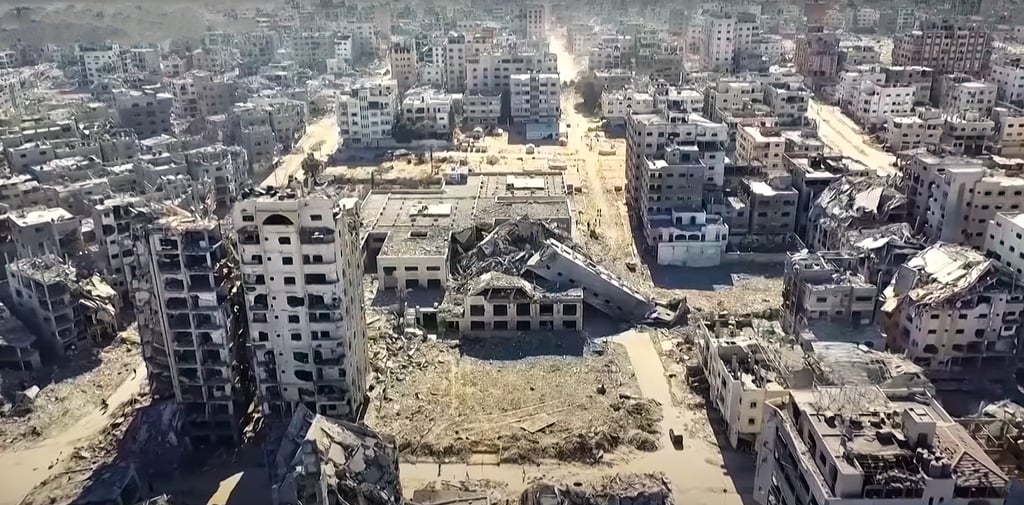Hamas Calls for Global Pressure on Israel to Reopen Gaza After Ceasefire | 17 Oct 2025
Hamas urges the world to pressure Israel to reopen Gaza crossings a week after the ceasefire as humanitarian crisis deepens in the enclave.
Raja Awais Ali
10/17/20252 min read


Hamas Urges Pressure on Israel to Open Gaza a Week After Ceasefire
A week after the ceasefire between Israel and Hamas, the borders of Gaza remain tightly shut, sparking renewed appeals from Hamas and humanitarian agencies. Hamas has urged the international community and mediating nations to pressure Israel to reopen Gaza’s crossings to allow the flow of essential humanitarian aid and medical evacuations.
According to Hamas officials, the Rafah crossing must be opened immediately in line with the ceasefire terms. They emphasized that hundreds of wounded civilians require urgent medical assistance outside Gaza, while hospitals inside the enclave are running out of fuel, medicine, and clean water.
The United Nations and aid organizations have echoed these concerns, warning that Israel’s continued restrictions are deepening Gaza’s humanitarian crisis. Thousands of displaced families are struggling for survival amid severe shortages of food, medicine, and water. The UN has cautioned that failure to reopen crossings soon could undermine the entire ceasefire agreement.
Israeli authorities, however, claim they are preparing to reopen Rafah but have not given a specific timeline. Israel accuses Hamas of failing to comply with certain clauses of the ceasefire, particularly regarding the return of bodies of Israeli captives killed during the recent conflict. Hamas denies deliberate delays, saying many bodies remain trapped under the rubble from Israeli airstrikes, and recovery operations are ongoing.
Hamas has also appealed to Qatar, Egypt, and Turkey — the key mediators — to increase pressure on Israel to honor the remaining terms of the deal, including free movement of aid, reconstruction plans, and complete withdrawal of Israeli forces from border areas. Hamas insists that without these steps, true peace and normalcy cannot return to Gaza.
Meanwhile, the international community continues to call on both sides to maintain the ceasefire and avoid renewed hostilities. Analysts warn that further delay in reopening Rafah could provoke backlash from Hamas, potentially reigniting tensions across the region.
Inside Gaza, humanitarian conditions are worsening by the hour. Hospitals are running on limited electricity, fuel supplies have nearly depleted, and clean water is scarce. The World Health Organization (WHO) has warned that the risk of disease outbreaks is increasing as sanitation systems collapse.
If the crossings remain closed beyond this week, the ceasefire could lose its credibility. Hamas maintains that Israel has failed to fulfill its obligations, while Israel claims Hamas has not taken enough confidence-building steps. The world’s mediators now face a critical task: ensuring that both sides honor the agreement to prevent Gaza from slipping back into another devastating crisis.
Stay informed with the latest national and international news.
© 2025. All rights reserved.